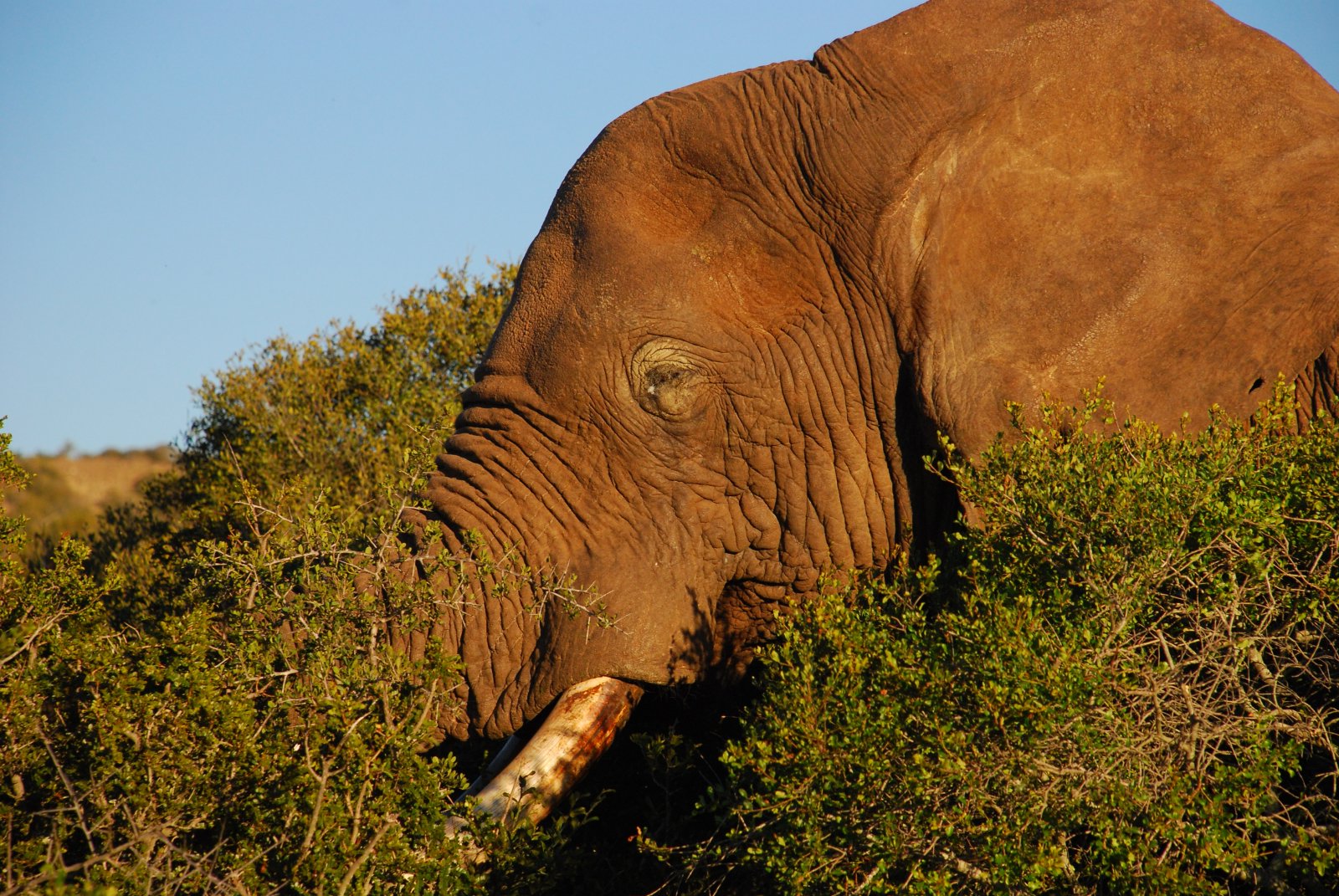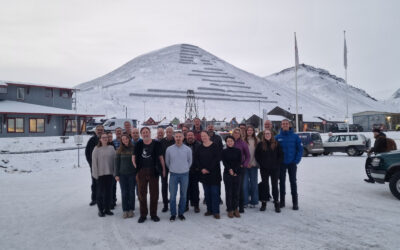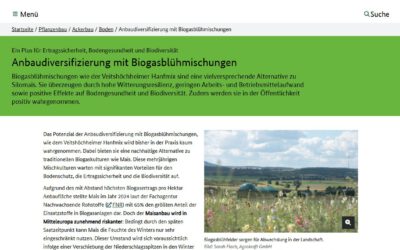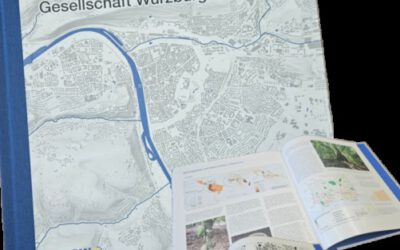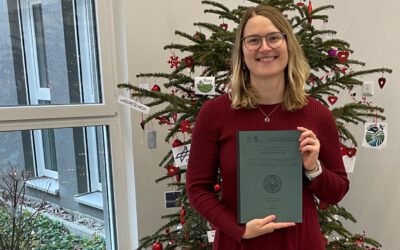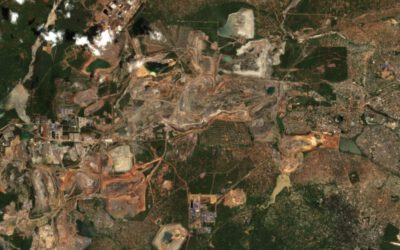PhD position
animal movement and remote sensing – exploring innovative in-situ data
 This research project focuses on the analysis of animal movement tracks for deriving new, innovative remote sensing products. Novel methods or a new combination of established methods from movement ecology, remote sensing and machine learning should be combined in order to model relationships between behavior and the environment with the eventual aim of mapping environmental characteristics. Target entities are to be developed, but could encompass mapping land cover, land cover change or validating existing data sets, all based on movement and behavioral patterns. Once established, such information should be used to identify temporal or spatial anomalies in animal movement and analyze how these translate into environmental changes, potentially serving as early warning systems. A strong interest in novel remote sensing techniques and working with various types of spatial and temporal data sets such as movement tracks in an interdisciplinary environment is expected.
This research project focuses on the analysis of animal movement tracks for deriving new, innovative remote sensing products. Novel methods or a new combination of established methods from movement ecology, remote sensing and machine learning should be combined in order to model relationships between behavior and the environment with the eventual aim of mapping environmental characteristics. Target entities are to be developed, but could encompass mapping land cover, land cover change or validating existing data sets, all based on movement and behavioral patterns. Once established, such information should be used to identify temporal or spatial anomalies in animal movement and analyze how these translate into environmental changes, potentially serving as early warning systems. A strong interest in novel remote sensing techniques and working with various types of spatial and temporal data sets such as movement tracks in an interdisciplinary environment is expected.
Requirements:
The successful candidate should have a strong expertise in remote sensing, spatial statistics, and handling of different sources of data. A sound knowledge in remote sensing, geographic information systems (GIS) and programming (e.g., Python, R) is required. Applicants must hold a Master degree, and should be able to work independently. Organizational skills, high motivation and the willingness to work as part of a team within an interdisciplinary project are essential.
Experience in working with advanced spatial data analysis and mining methods (DL, ML) and working in an interdisciplinary environment is an advantage. The ability to collaborate with a range of partners as well as good English language knowledge, communication skills, and the capability to write scientific articles are expected.
Applications and working environment:
We offer state-of-the-art methodology and a stimulating research environment within an interdisciplinary, collaborative context. The position is limited to 3 years and is expected to start in October 2018, with salary according to TVöD (50%).
Application deadline is April 15th 2018.
The University of Wuerzburg is an equal opportunity employer, determined to increase the proportion of women in successful scientific careers, and particularly encourages women to apply. Preference will be given to disabled applicants with the same qualifications. Applications (cover letter with motivation, CV and certificates of degrees) or questions should be directed to:
Dr. Martin Wegmann
Email: martin.wegmann@uni-wuerzburg.de
Tel. 0931 31 83446

